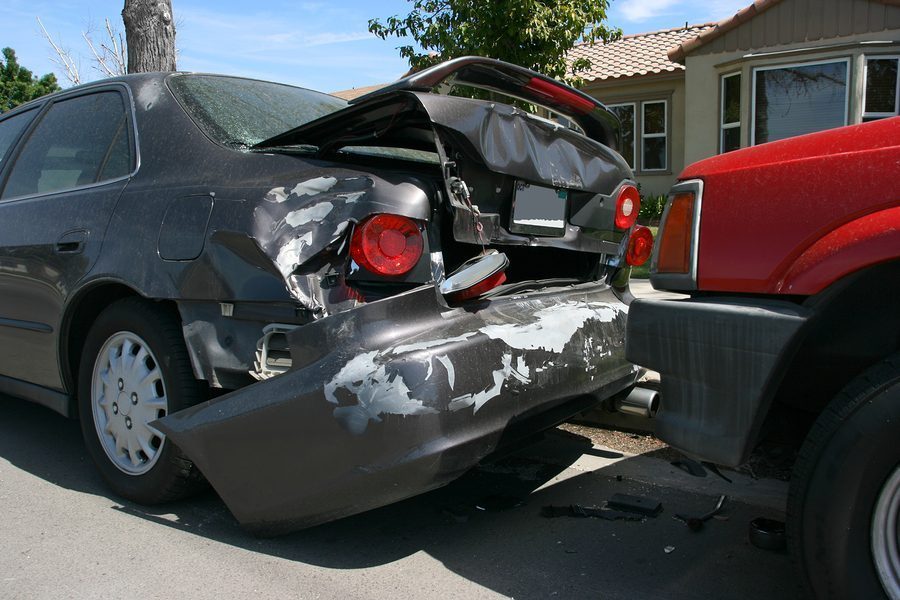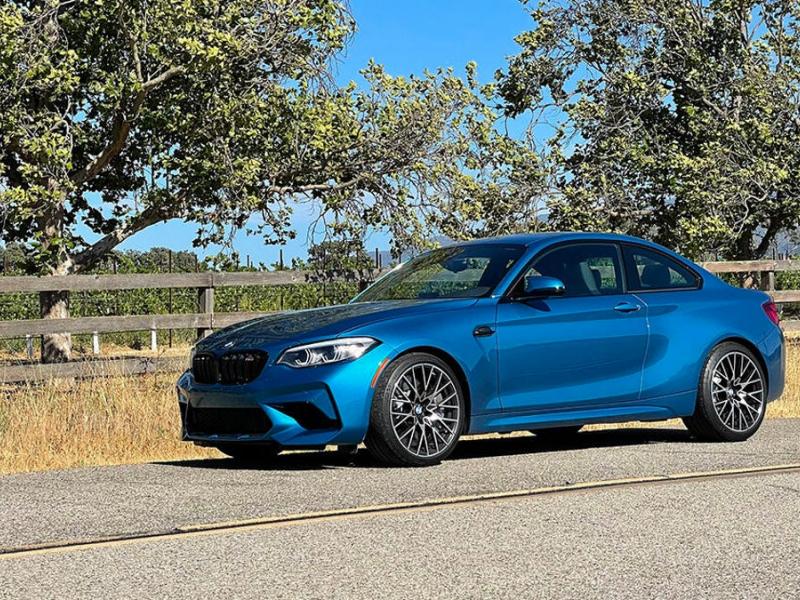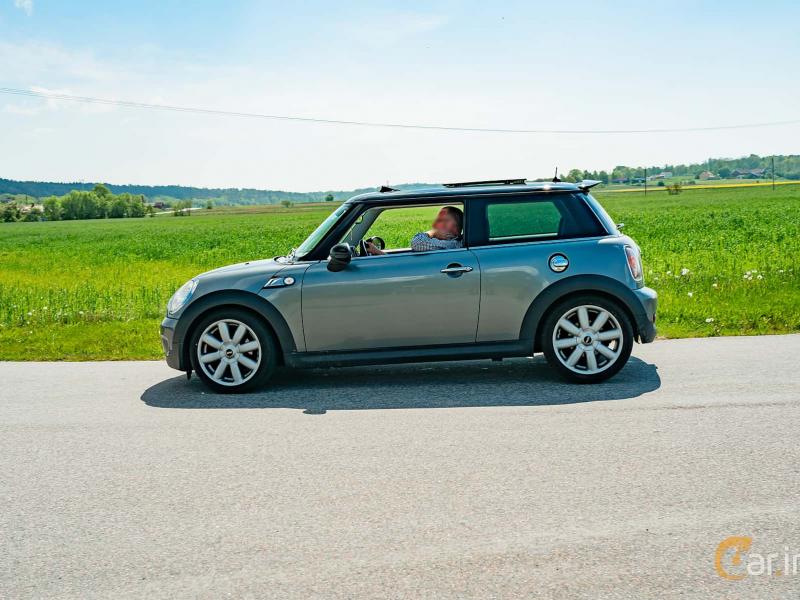What Should You Do Right After A Car Accident?
Despite the public’s recent fervor to persecute Tesla’s autopilot system and other automated driving aids, about ninety percent of car accidents occur because of human error.
Accidents happen — about once every 18 years if you’re an average driver — and I encourage you to accept that you likely are an average driver. Most people assume that they’re above average, and most people are wrong. Countless hours spent playing Gran Turismo don’t make you Mario Andretti.
With that in mind, it’s best to keep a level head about dealing with the risk you take when you hit the road. Be prepared if you’re involved in an accident, and know how to react in the crucial moments following one.
Be Prepared
Never leave home without proof of insurance in your car. If you’re involved in an accident without one, it makes things much more complicated — and potentially much worse for you because the document is required by law. I also suggest keeping a pen and paper in your car, so you can record information in case of a wreck.
Don’t Panic
Things go wrong when we least expect them, so keep a cool head and remember that your safety and the safety of your passengers is most important. Check yourself for injuries immediately following a crash. If you are hurt, call 911 yourself or ask a bystander to call. If you’re too injured to request help, remember to remain calm — help is likely on the way.
Want more of the latest stories?
Amazing car stories happen every day. I’ll deliver the latest news directly to you. Sign Up Today!
Once you make sure that you and your passengers are safe and unharmed, move your car out of the path of traffic. If you can’t move the vehicle, your insurance company can send a tow truck to assist you. If the crash was significant, you should call the police and have them file a report.

Gather Info
The law says you must exchange contact and insurance information. Get the following from the other driver:
- Name
- Phone number
- Email address
- Car make, model, year and color
- License plate and driver’s license number
- Insurance carrier and policy number
Many insurance carriers offer smartphone apps that will prompt you for this information. You can check on your carrier’s website to see if they offer one.
Finalize Everything
Be mindful of what you say while gathering info from the other driver. If there is a question of who’s at fault for the accident, but you make a statement to indicate that you feel responsible, it can be used against you later. Pay close attention to what the other driver says.
Take pictures of the accident from all angles. Make sure they clearly show any damage done to the vehicles. Speak with witnesses who might be able to recount the event and ask for their contact information.
It’s always a good idea to have a doctor check for injuries following an accident. If you sustained an injury with long-term repercussions, it will have implications on how insurance handles the accident.
No one wants to be in an accident, but when they happen, knowing how to react can go a long way toward a quick and relatively simple resolution.




